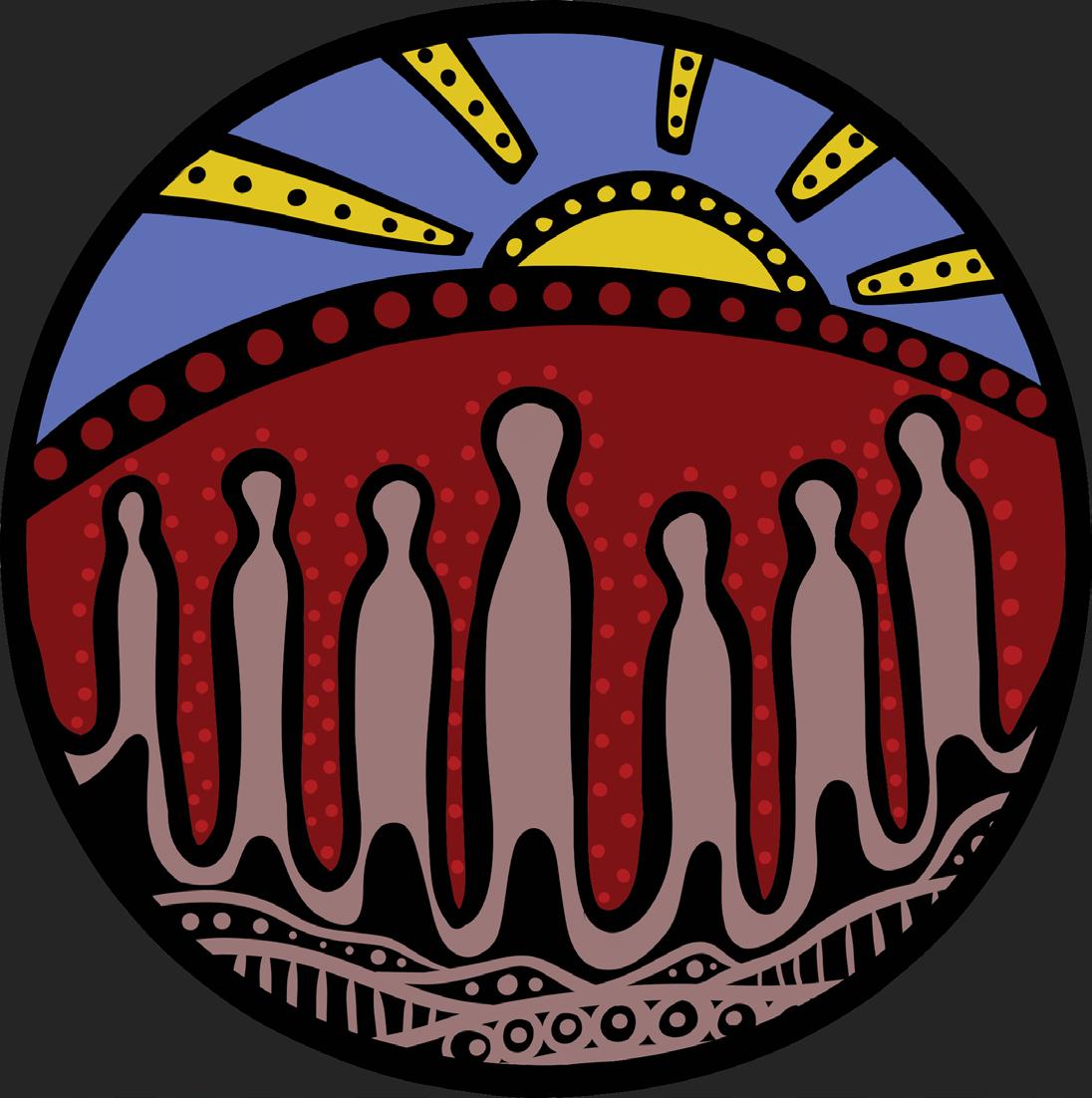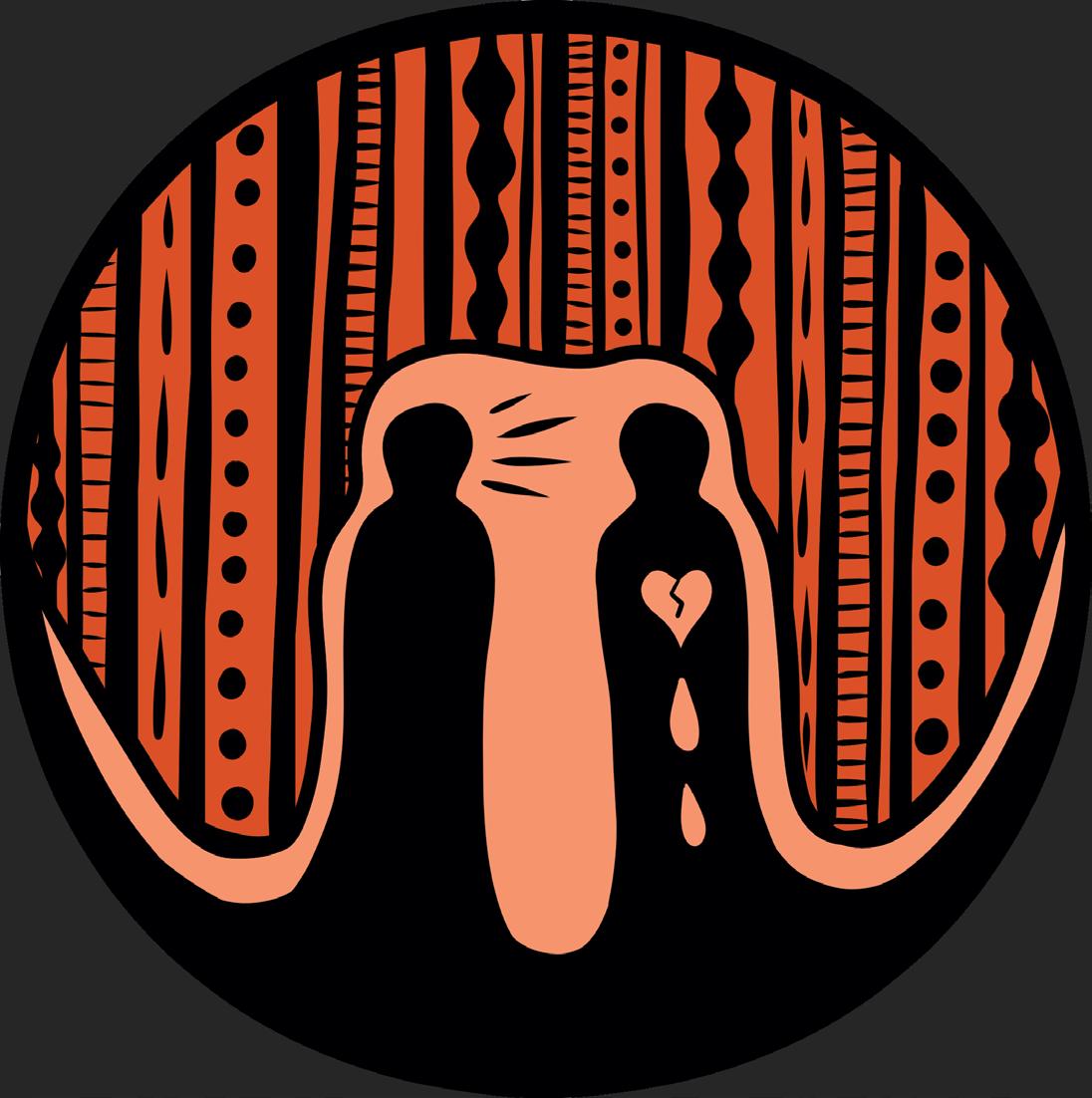Long term changes we want to see
First Nations community-led solutions: First Nations communities supported to tackle the challenges and opportunities for their communities.
Disasters prevented: better land and water management practices to prevent disasters occurring, mitigating their impact, and supporting climate positive actions.
Prevention: a community better educated on domestic and family violence.
First Nations-led economic participation: First Nations peoples and communities become successful economic actors where they want to and on their own terms.
Communities prepared: communities better prepared for the impact of disasters.
Empowerment: domestic and family violence victims/survivors empowered to take action.
Increased access to justice: First Nations peoples better supported by the law.
Communities supported: communities better supported in the aftermath of a disaster.
Increased access to justice: domestic and family violence victims/survivors better supported by the law.
Education: a community better educated about Australia’s relationship with First Nations people.
Voices heard and actioned: First Nations peoples have a voice, platform, power and control over the issues that impact them.
Accountability: domestic and family violence perpetrators more accountable for their actions.
3
Short term changes we want to see
Our people
Our people understand the change and impact we want to achieve and commit to achieve it.
Our people seek pro bono opportunities connected to our theory of change, increase their pro bono contributions, and provide quality legal assistance.
Our people share and celebrate the work we are doing.
Our people engage with our nation’s history.
Our people understand and acknowledge their own privilege and the influence of their position and platform and, in consultation with First Nations peoples, use it for the benefit (what those benefits are will be decided by First Nations peoples) of First Nations communities.
Our people learn how First Nations land and water management can mitigate the impact of environmental disasters and, in collaboration with First Nations peoples, seek to share that knowledge with their sphere of influence.
Our people better understand DFV and the impact it has on our community.
Our people use their legal knowledge to advocate for and work on better land and water management practices and climate positive actions.
Our people develop relationships with organisations that help us reduce DFV.
Our people better understand the opportunities we have to work with First Nations communities and businesses for a better future for all.
Our people use their legal knowledge to help communities better prepare for the impact of disasters.
Our people become known for their expertise in working with individuals and organisations to reduce DFV.
Our people use their knowledge of the legal system to work with First Nations communities to obtain better outcomes.
Our people use their legal knowledge to provide support in the aftermath of an environmental disaster and understand when and where they can be of most assistance.
Our people collaborate with First Nations communities to contribute to systemic law and policy reform on important issues impacting First Nations peoples.
Our people and firm earn the trust of First Nations communities.
4
Our community2
Our community understands the change and impact we want to achieve and how we are going to achieve it.
Our community becomes involved, shares and celebrates the work we are doing.
Our partners and promoters can improve and scale up their programs for the benefit of First Nations peoples, to mitigate the impact of environmental disasters and to reduce DFV.
Our partners and promoters are supported to pursue systemic legal and policy reform (in collaboration with First Nations communities on First Nations issues).
First Nations peoples, communities and organisations are consulted, if they wish to be, and heard on issues that impact them and their recommendations actioned.
First Nations peoples are better supported to care for country and share their knowledge of land and water management, where they want to and on their own terms.
Our community – including young and older people - better understand how to avoid relationships and situations that lead to DFV.
First Nations peoples, communities and organisations receive quality legal assistance and good legal outcomes as measured by them.
Communities can access appropriate and helpful pro bono legal support in the aftermath of a disaster when they need it.
Our community better understands intersectionality in the context of DFV and better understands DFV beyond gendered violence.
First Nations clients and partners and promoters develop trust in our peoples and our firm.
Best practice legal preparation and responses to environmental disasters are shared across jurisdictions.
DFV victims/survivors have access to the support they need to take action, receive legal assistance and are better protected by the law.
DFV support persons and bystanders are empowered to speak out and know how to best assist.
5
2 Our community includes our clients, our partners, law societies, the broader legal sector and the community generally
How will we do it?
Key stakeholders / Our people
We are a full sector national commercial and family law firm with a dedicated pro bono legal practice. We are more than 280 people, working across 20+ disciplines for local and international clients. We deliver valuable, long-term relationships, exceptional, targeted outcomes, rich and applicable knowledge, and efficient and accessible teams. We have a long history of respecting and working with First Nations peoples, considerable environmental law expertise and a dedication to supporting victim/ survivors of domestic and family violence.
/ Our clients
Individuals: All people under the law have the right to seek justice but there are often barriers to the accessibility of that justice. By dedicating a portion of our pro bono legal work to working with individuals we can break down some of those barriers and help bridge the access to justice gap.
First Nations communities: Our country is home to many different and distinct First Nations peoples, each with their own culture, language, beliefs, practices and unique legal needs. By working direct with First Nations communities we support community-led solutions and self-determination.
First Nations controlled organisations: Through selfdetermination First Nations peoples have the agency and tools to achieve the outcomes they want to achieve. By lending our legal support to First Nations controlled organisations we ensure that First Nations peoples have a voice, platform, power and control over the issues that impact them.
Community Legal Centres (CLCs): CLCs are independent, not-for-profit, community organisations providing equitable access to legal services. CLCs provide a range of direct legal services, legal education, advocacy and law and policy reform. CLCs are generally best placed to triage and connect individuals in need of pro bono legal services. By working with CLCs we ensure that our pro bono legal assistance is directed to those most in need.
Not-for-profits (NFPs) and charities: NFPs and charities work to benefit their cause and the wider community through sector-specific expertise. By providing legal assistance to NFPs and charities we can help them to scale up their services and invest in their purpose. This may indirectly achieve our goal of ensuring that all people have the right to seek justice and have access to sector-specific expertise and services.
Organisations advocating for systemic reform: As legal practitioners we are uniquely placed, and have a professional obligation, to challenge problematic laws and systemic barriers to justice. By supporting organisations focused on systemic reform we help to scale up impact and tackle legal issues holistically to effect wider change.
6
/ Our partners and promoters

Our partners and promoters include targeted referral centres, community legal centres, not-for-profits and charities, law associations and committees and human rights organisations. We will also partner with our commercial clients and connections where appropriate to scale-up our support for our pro bono clients.
Strategic focus
/ Increased pro bono engagement and strategic programs and activities



HG referral centre
Focused and streamlined referrals from our clients and partners. Through our referrals we will deliver pro bono legal services across our practice areas.
HG law and policy reform

Identified law and policy reform opportunities to ensure our clients’ voices are heard on important issues connected to our impact.
Strategic projects
Key research and advice projects on important issues connected to our impact.
Strategic litigation
Identified litigation opportunities that deliver on our impact.
Thought leadership
Webinars and legal updates on emerging legal issues connected to our Impact.



Clinics
Regular participation in legal clinic opportunities that will help us deliver on our intended impact and connected to our impact.
Secondments
Secondment opportunities with our partners in areas connected to our impact and to assist in developing our own expertise in these areas.
5 6 7 1 2 3 4 7
Creating Exceptional Outcomes hopgoodganim.com.au Brisbane P +61 7 3024 0000 F +61 7 3024 0300 contactus@hopgoodganim.com.au Level 8, Waterfront Place 1 Eagle Street Brisbane QLD 4000 Perth P +61 8 9211 8111 F +61 8 9221 9100 contactus@hopgoodganim.com.au Level 27, Allendale Square 77 St Georges Terrace Perth WA 6000







